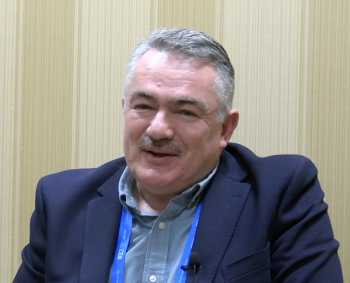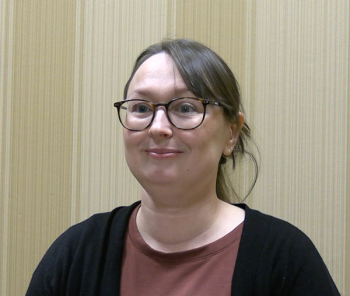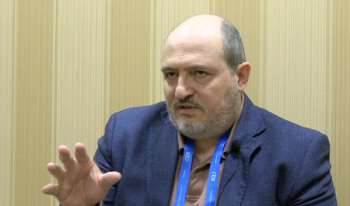
Barbara Larsen Receives EAS Award for Outstanding Achievements in Mass Spectrometry
The Eastern Analytical Symposium (EAS) Award for Outstanding Achievements in Mass Spectrometry will be presented to Barbara Larsen.
The Eastern Analytical Symposium (EAS) Award for Outstanding Achievements in Mass Spectrometry will be presented to Barbara Larsen on Thursday, November 19 at the EAS Virtual Symposium.
Barbara Larsen is a Nutrition and Biosciences fellow at the DuPont Experimental Station in Wilmington, Delaware. Her research focuses on the application of mass spectrometry to support the biotechnology business. She has a keen interest in ionization methods to ensure the continued relevance of mass spectrometry for biotechnology projects at DuPont. Larsen has a passion for fitness for purpose—selecting the best measurement technology to provide the critical solution to a specific problem. For her work supporting biotechnology research, Larsen has developed a digestion protocol for bioproteins that provides coverage of the expressed protein sequence or deep proteomic coverage of the organism that produced the protein. In addition, these methods can be used to provide details on protein modifications that occur during host expression or during processing. Her research interests include using a systems biology approach including metabolomics, proteomics, and transcriptomics to improve enzyme production and probiotic organisms.
Larsen has been part of the DuPont Company for the past 35 years. She received her BS from the University of Santa Clara, California, and her PhD in Physical Chemistry at the University of Delaware, followed by a post-doctoral fellowship at Johns Hopkins School of Medicine. Larsen has received the Spectroscopy Society Award and the Delaware ACS Section Research Award. DuPont awarded her research with the Pederson Award, for significant scientific achievement that reflects technical excellence.
She is currently a member of American Society of Mass Spectrometry—where she has served as the treasurer, vice president of programs, and president—and is on the advisory board for the society journal. As an active member of the American Chemical Society (ACS), she was made an ACS fellow for her service as the chair for the Delaware Valley Mass Spectrometry Discussion Group and as a counselor for the Delaware ACS section. She also serves on the editorial advisory board of Spectroscopy.
Newsletter
Get essential updates on the latest spectroscopy technologies, regulatory standards, and best practices—subscribe today to Spectroscopy.




